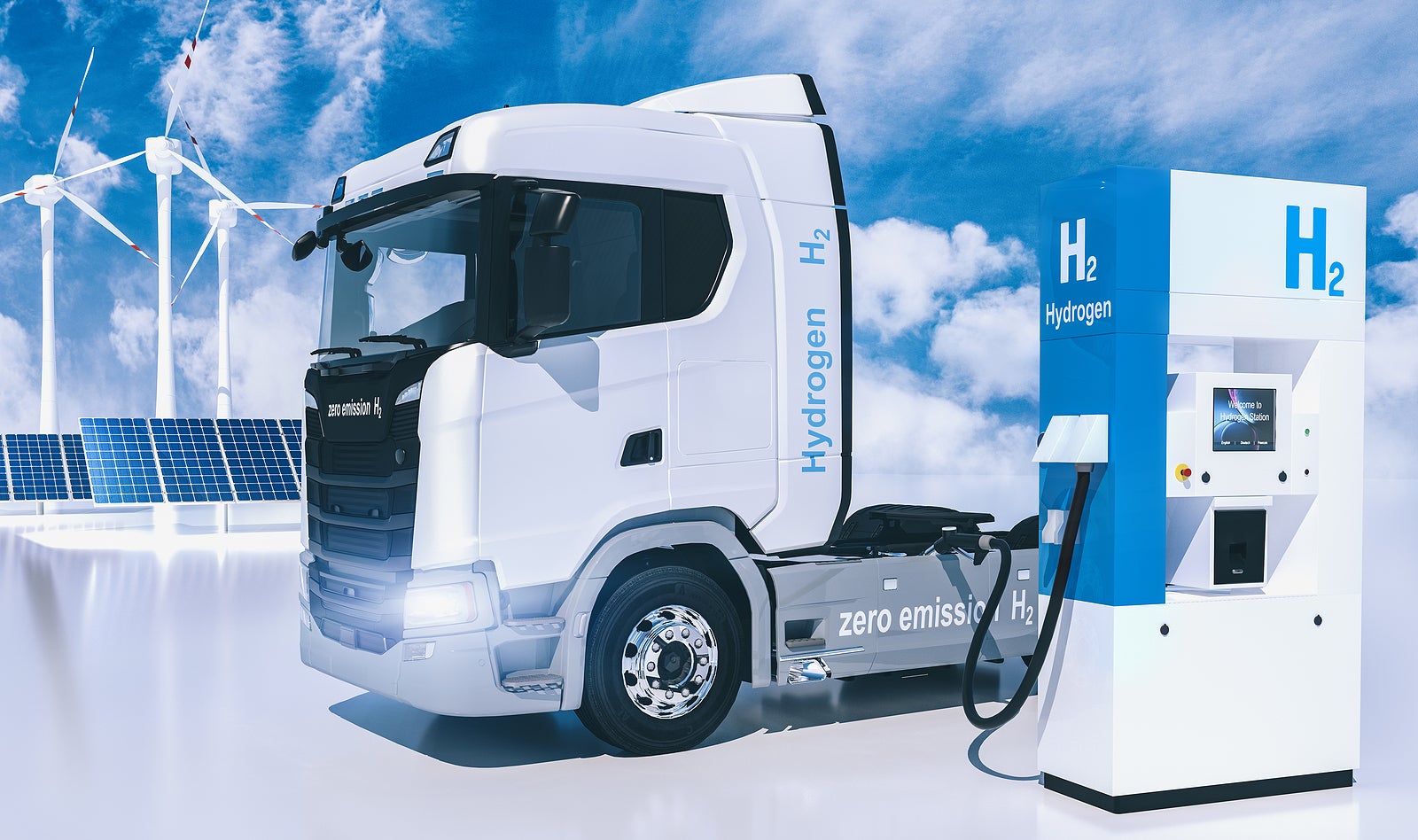Revolutionizing Long-Haul Transport: Breakthrough in Hydrogen Fuel Cell Technology
Key Ideas
- Researchers at UCLA develop a durable fuel cell catalyst using platinum, graphene, and a special carbon material, showing incredible stability under intense conditions.
- The new catalyst design surpasses expectations, losing only 1.1% of power after 90,000 voltage cycles, potentially lasting over 200,000 hours, a game-changer for heavy-duty transport.
- The fuel cells with the new catalyst outperform batteries with 71.9% peak energy conversion efficiency, offering a faster refueling time, lighter weight, and increased performance for trucks.
- Previous success in developing fuel cells for light-duty vehicles helped pave the way for this breakthrough, demonstrating advancements in clean energy technology for transportation.
A recent breakthrough in fuel cell technology has the potential to revolutionize long-haul transport, particularly for heavy-duty vehicles like trucks. While batteries have limitations in terms of charging time and weight, hydrogen fuel cells offer a promising alternative. The challenge has been the durability of fuel cells, as the materials used in the past would degrade over time, affecting efficiency. Researchers at UCLA have now developed a new fuel cell catalyst using platinum, graphene, and a special carbon material, which addresses the durability issue. The catalyst has been tested rigorously and showed remarkable stability, losing only 1.1% of its power after a stress test of 90,000 voltage cycles. This indicates the potential for these fuel cells to last over 200,000 hours, significantly exceeding current goals for heavy-duty fuel cells. With a peak energy conversion efficiency of 71.9%, these fuel cells outperform batteries and offer faster refueling times, lighter weight, and increased performance for trucks. The breakthrough builds on previous success in developing fuel cells for light-duty vehicles, showcasing advancements in clean energy technology for transportation. The new catalyst design represents a significant step towards sustainable transport and reducing emissions from heavy-duty vehicles.
Topics
Fuel Cells
Clean Energy
Innovation
Sustainability
Transportation
Environment
Research
Engineering
Fuel Efficiency
Latest News
